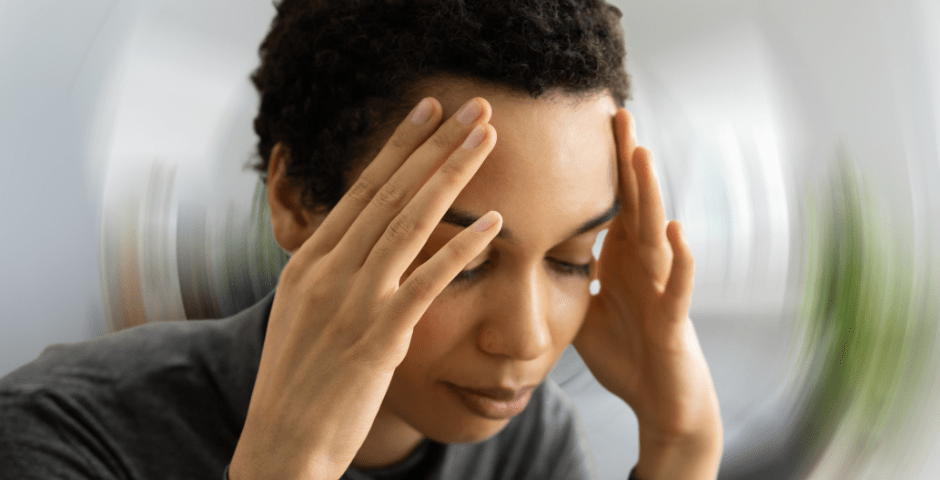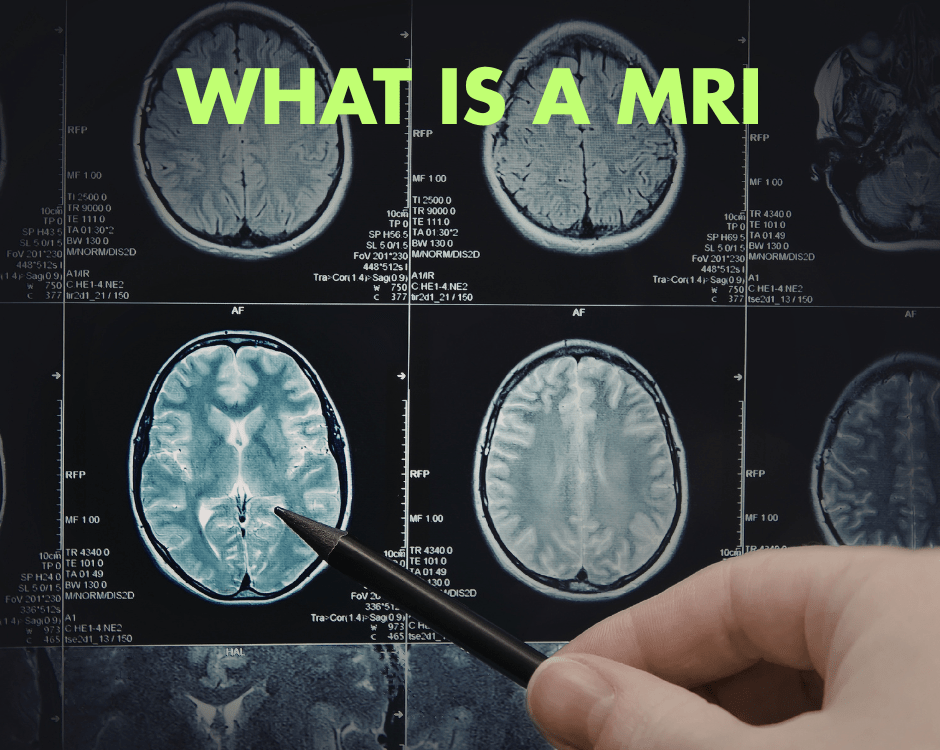Common Causes of Dizziness After a Car Accident

Stay Active During The Holidays!
December 31, 2024
Best Exercises for Lower Back Pain
January 3, 2025- Accident doctor
- accupuncture
- airplane headache
- alzheimer's
- best habits
- Brain Injuries
- car accident
- car accidents
- cervical strain
- colds
- concussion
- Concussions
- disc bulge
- dosage meds
- dry needling
- dull pain
- E bike injuries
- florida
- good posture
- headaches
- Headrest positions
- Headrest positions after an accident
- Healthy choices
- Healthy flying
- healthy gift guide
- Healthy SPring Ideas
- hip pain
- hyperextension
- injury doctor
- insurance
- Kayaking
- kentucky
- kids motion sickness
- lifestyle
- motion sickness
- neck injury
- no fault insurance doctor
- noise healing
- osteoporosis
- pain symptoms
- pink noise
- posterior chain
- posture
- prevent osteoporosis
- Rest
- Scoliosis
- shoulder pain
- Stress with kids after a motor vehicle accident
- TBI
- tips
- tmj
- torn muscle
- Traumatic Brain Injury
- trigger points
- VitaminD
- What are Post Traumatic headaches?
Common Causes of Dizziness After a Car Accident
Dizziness after a car accident is a common but alarming issue that many people experience. Whether you are involved in a minor fender bender or a more serious crash, dizziness can be a result of various factors ranging from physical injuries to psychological responses.
Dr. Deryk Harting of Chambers Medical Group, one of the highest rated car accident medical care providers in the Tampa Bay area, discusses common causes of dizziness after a car accident.
- Whiplash and Neck Injuries
One of the most common causes of dizziness after a car accident is whiplash, a neck injury that occurs when the head is suddenly jerked forward and backward. This violent motion strains the muscles, ligaments, and tendons in the neck, leading to pain, stiffness, and sometimes dizziness. The injury can also affect the cervical spine which houses nerves that control balance and coordination. If these nerves are irritated or compressed due to whiplash, then dizziness may result. Some people may experience cervicogenic dizziness, a form of dizziness caused by dysfunction in the neck. This type of dizziness is often accompanied by neck pain or stiffness and may worsen with certain head movements. If whiplash is suspected, it is essential to seek medical evaluation and treatment to manage both the pain and the dizziness.
- Concussions and Traumatic Brain Injuries (TBI)
Another cause of dizziness after a car accident is a concussion, a type of mild traumatic brain injury (TBI). Concussions can occur when the brain is jolted inside the skull due to a sudden impact, such as the force of a car accident. The brain may briefly lose function, leading to a variety of symptoms, including dizziness, headaches, nausea, confusion, and balance problems. Even if the symptoms seem mild, it is important to seek medical attention if a concussion is suspected. Repeated concussions or TBIs can lead to long-term complications, like chronic dizziness or balance issues. A healthcare professional will evaluate the severity of the injury and may recommend rest, medication, or physical therapy to aid recovery.
- Vestibular System Damage
The vestibular system, which includes the inner ear and brain areas responsible for controlling balance, can be affected by a car accident. The inner ear contains structures that help detect movement and maintain equilibrium. If these structures are damaged, you may experience vertigo (a spinning sensation), dizziness, or balance difficulties. In some cases, an accident may cause benign paroxysmal positional vertigo (BPPV), a condition where small calcium crystals in the inner ear become dislodged and cause dizziness when you change positions. This can be triggered by the force of a car crash, and while it may resolve on its own, treatment options like the Epley maneuver can help reposition the crystals and relieve symptoms.
- Blood Pressure Changes and Shock
After a car accident, the body goes into a state of stress and shock, which can cause temporary fluctuations in blood pressure. A sudden drop in blood pressure may occur, leading to dizziness or lightheadedness when standing up quickly. The body’s response to stress can also release hormones like adrenaline, which may cause dizziness or a sensation of being faint. Blood loss from any injuries can also lead to a decrease in blood volume, further contributing to dizziness. If dizziness is accompanied by other symptoms like rapid heart rate, sweating, or confusion, it is vital to seek emergency medical attention immediately.
- Anxiety and Psychological Factors
Psychological factors can also contribute to dizziness after a car accident. The stress and trauma of being involved in an accident can trigger anxiety or post-traumatic stress disorder (PTSD). These conditions often lead to dizziness or a sensation of being “out of it.” Anxiety can cause a variety of physical symptoms, including dizziness, shortness of breath, and lightheadedness. This is due to the body’s fight-or-flight (sympathetic) response, which can affect the nervous system. In some cases, dizziness may be exacerbated by a fear of driving or getting back into a car.
- Medications and Treatments
If you were prescribed painkillers, anti-inflammatory drugs, or muscle relaxants after your accident, dizziness could be a side effect of these medications. Drugs such as opioids, benzodiazepines, and certain muscle relaxants can cause dizziness, drowsiness, or lightheadedness. If you are taking multiple medications, then potential drug interactions could contribute to dizziness. Your healthcare provider can help you adjust medications or your treatment plan to reduce the risk of these side effects.
While dizziness after a car accident may be temporary, it is important to monitor and listen to your body. If the dizziness is severe, persistent, or accompanied by other symptoms such as confusion, vomiting, blurred vision, or loss of consciousness, seek medical attention immediately.
— This article is written by Deryk Harting, DC, one of the members of Chambers Medical Group’s team of car accident chiropractors who offer a variety of treatments and therapies ranging from diagnostic testing to various soft tissue therapies for car accidents and injuries in Florida.
- Car Accident Medical Clinic in Tampa
- Car Accident Medical Clinic in Plant City
- Car Accident Medical Clinic in Brandon
- Car Accident Medical Clinic in Lakeland
- Car Accident Medical Clinic in Sarasota
- Car Accident Medical Clinic in Louisville
- Car Accident Medical Clinic in Lexington
- Car Accident Medical Clinic in Florence




